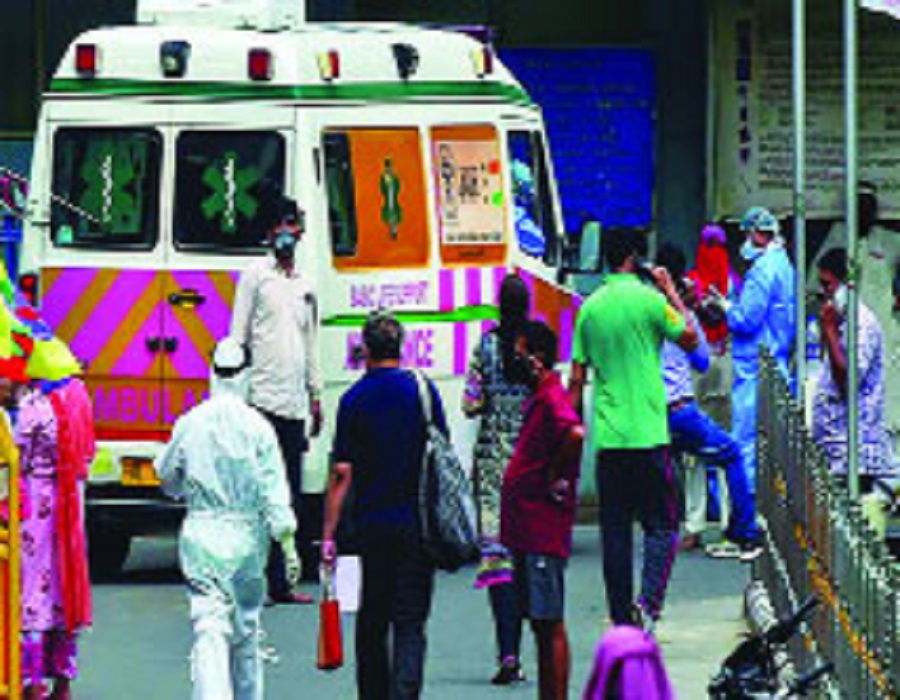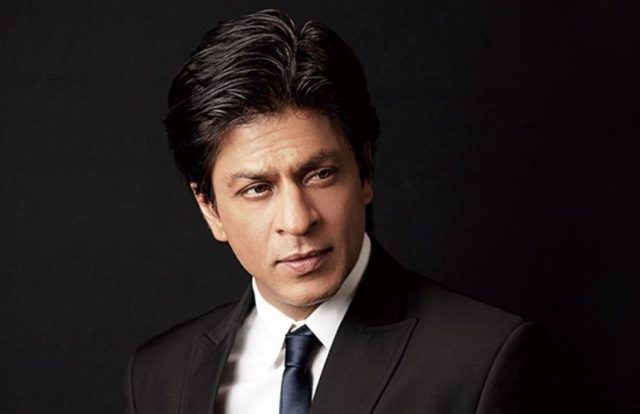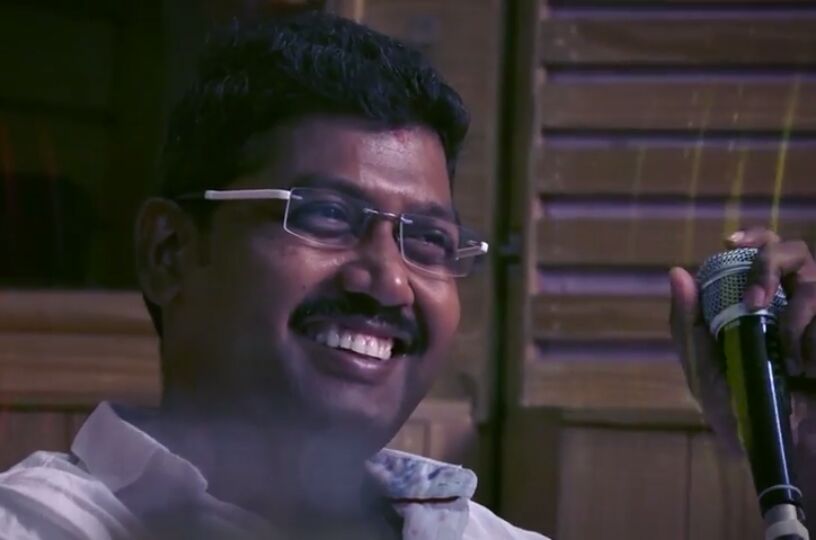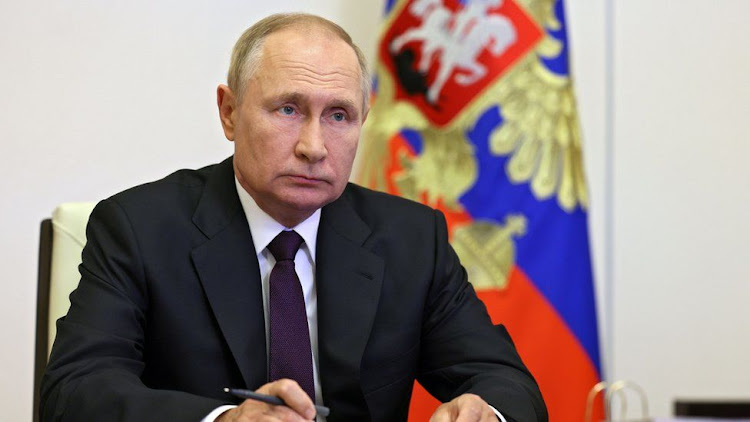Forcing post-graduate medical students to spend three months in rural areas will be beneficial for the doctors too
In an answer to Parliament in 2019, Ashwini Choubey, Minister of State for Health, had stated that assuming an availability of 80 per cent, there was only one doctor per 1,445 people in India. Of course, if one added up alternative systems of medication, the number would be closer to the World Health Organisation’s mandated one doctor per thousand population but over the past few months, we have seen many alternative medical practices wither away in the face of the pandemic. What these statistics do not reveal is just how skewed India’s medical system is towards large metropolitan areas. It is only when you see thousands of patients from across India crowding the entrances at All India Institute of Medical Sciences (AIIMS) in Delhi that you realise just how bad things must be for families to transport critically ill patients hundreds of kilometers for proper care. The fact is that cities like Delhi and Mumbai, while suffering immensely from the pandemic, have enough beds and facilities. There was a joke, not one of any laughing matter though, that there were more intensive care beds and ventilators in Delhi’s Saket area alone than in some other Indian states.
Part of the reason for the deficiency of healthcare in upcountry India is that young specialist doctors want to work, for rather obvious reasons, in big city hospitals. And it is unfair, given the poor facilities in even smaller towns, let alone rural areas, to expect young doctors to work there for extended periods of time. However, if young medical specialists did spend time in rural areas, they would possibly understand the gravity of the medical scenario a lot better than they currently do and suggest innovations in existing infrastructure. Operating in cities, they are often insulated from the realities of India just as much as “expert commentators” on news television channels. The Government’s mandate that post-graduate medical students spend three months in rural areas is understandable and while some of them might be disappointed, this is a practice that should ideally be spread across disciplines. If we talk about “two Indias,” then the only way to redress that is to ensure that young people from urban India see the problems of rural India and understand why they behave — with their votes and their money — the way that they do. Being a warrior on social media isn’t quite the same thing.
(Courtesy: The Pioneer)








 OpinionExpress.In
OpinionExpress.In















Comments (0)